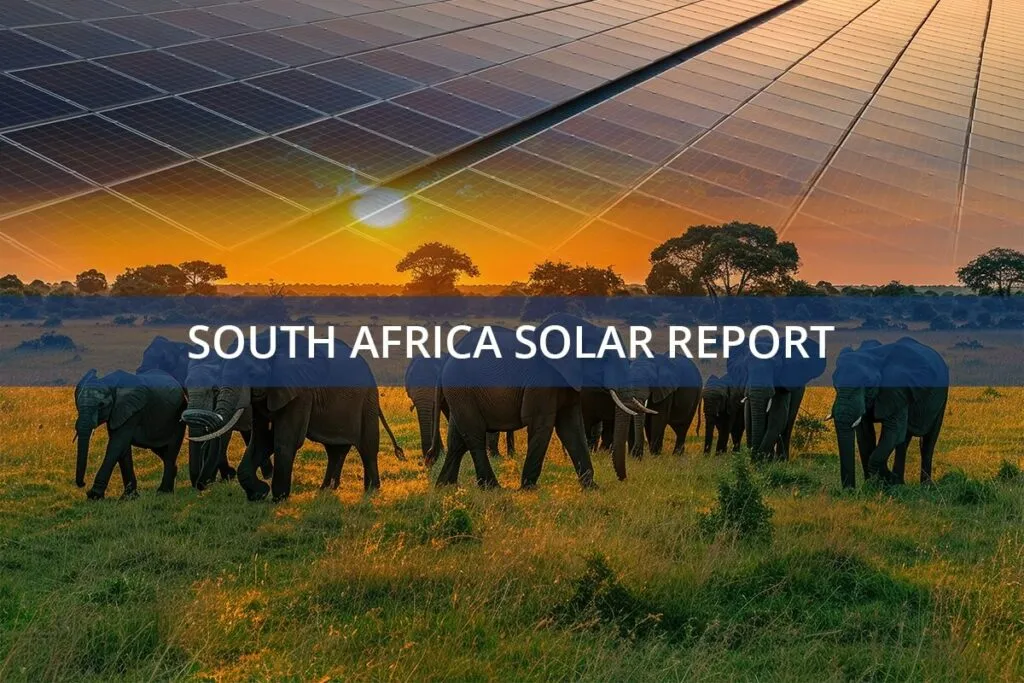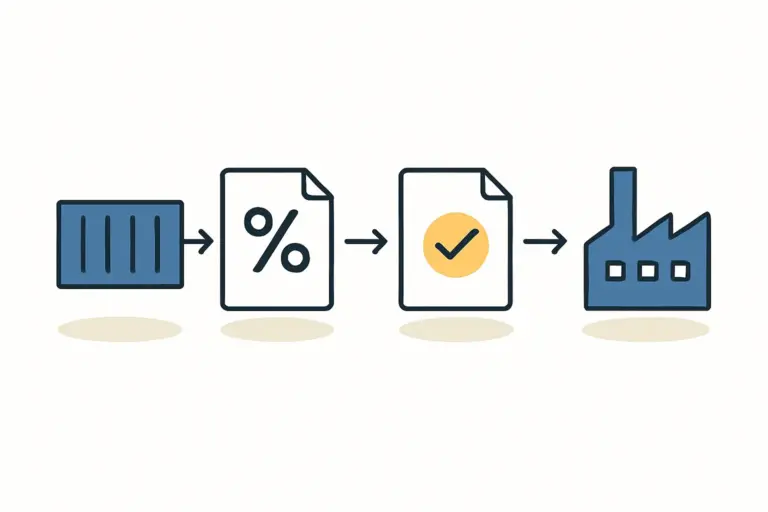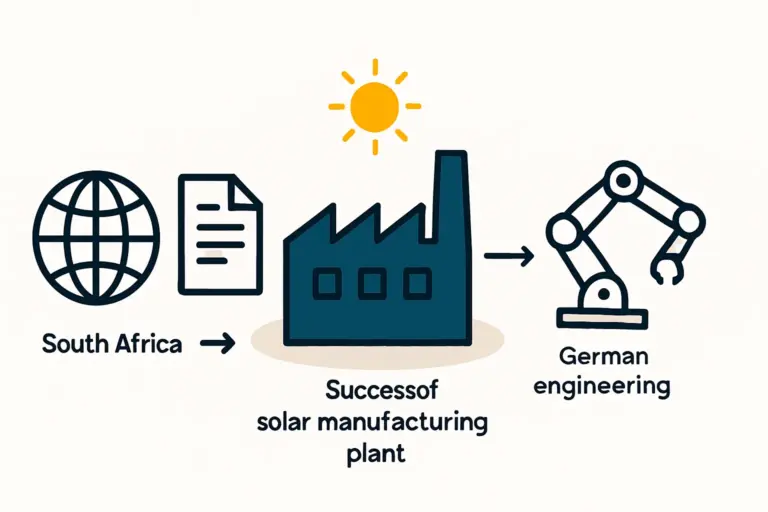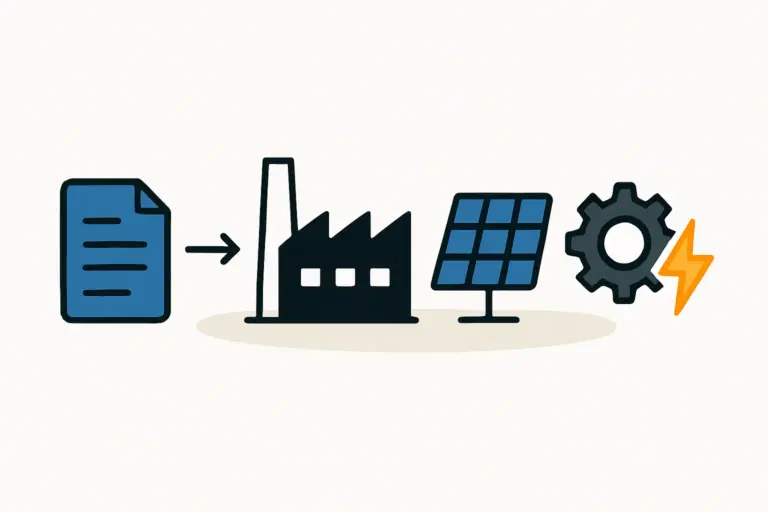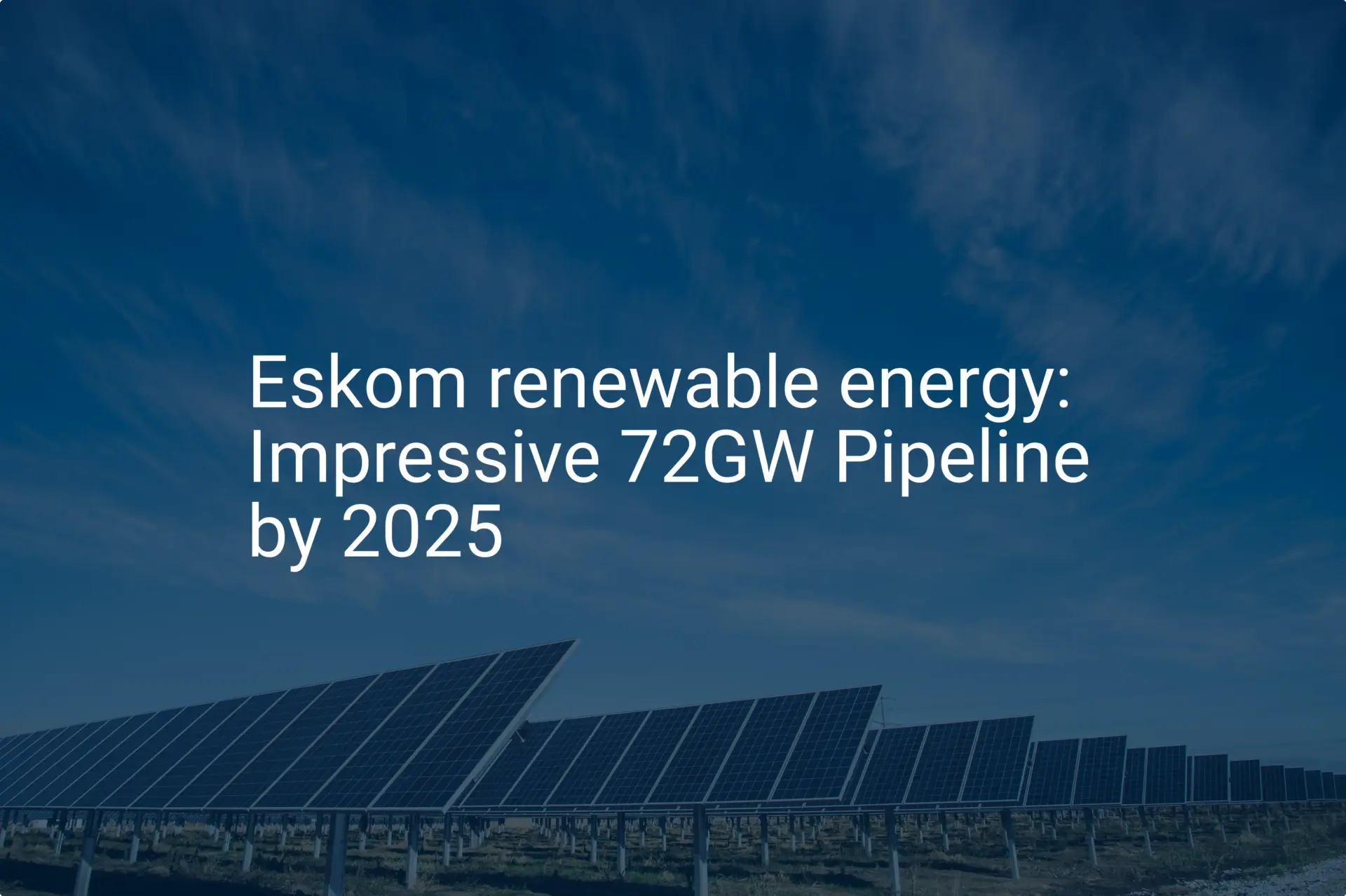An international investor sees the immense potential in South Africa’s renewable energy market. Fueled by government initiatives like the Just Energy Transition Partnership (JETP) and a pressing need for energy security, the demand for locally manufactured solar modules has never been clearer.
The business plan is solid, the technology has been selected, and the capital is ready—but market entry is contingent on navigating a critical piece of national policy: Broad-Based Black Economic Empowerment (B-BBEE).
For any new manufacturing venture in South Africa, B-BBEE is not an optional extra or a simple compliance checkbox; it is the fundamental framework for market participation. This article explains what B-BBEE is, why it is non-negotiable for a solar manufacturer, and how to approach it strategically from the outset.
What is Broad-Based Black Economic Empowerment (B-BBEE)?
Broad-Based Black Economic Empowerment is a South African government policy, legislated through the B-BBEE Act of 2003, designed to redress past economic inequalities. It aims to facilitate the broader participation of Black people in the economy.
For business professionals new to the South African context, it’s crucial to understand that B-BBEE is not solely about ownership. The term ‘Broad-Based’ is key, as the policy evaluates a company’s contribution to economic transformation across a range of activities. These activities are measured using a scorecard system detailed in the official Codes of Good Practice.
The Five Pillars of B-BBEE: A Scorecard for Your Business
A company’s B-BBEE compliance is measured by its performance across five key pillars. Each pillar is allocated a certain number of points, and the total score determines the company’s B-BBEE Contributor Level. For a new solar factory, understanding these pillars is the first step toward building a compliant and competitive operational structure.
1. Ownership (25 points)
This pillar measures the percentage of the business owned by Black people, considering not only economic interest (the right to share in profits) but also the voting rights held by Black shareholders. For many foreign investors, this is often the most significant structural consideration, requiring them to identify and partner with suitable local entities or individuals from the outset.
2. Management Control (19 points)
This element assesses the representation of Black people at the board and senior management levels, encouraging their active involvement in the company’s strategic decision-making. A successful solar manufacturing venture will need to build a strong local management team, making this pillar a natural focus for talent acquisition and development.
3. Skills Development (20 points)
Skills Development measures a company’s investment in training and developing its Black employees. For a technical enterprise like a solar module factory, this is a powerful tool for building a highly competent workforce. This investment should be viewed not as a compliance cost but as a direct driver of operational excellence, quality control, and long-term productivity.
4. Enterprise and Supplier Development (40 points)
With the highest point allocation, this pillar is critical. It has two components:
Preferential Procurement: This incentivizes companies to buy goods and services from suppliers that are themselves B-BBEE compliant. A new solar factory will procure everything from raw materials to logistics and security services, creating an opportunity to build a robust, localized supply chain.
Supplier & Enterprise Development: This involves contributing to the growth of smaller, Black-owned businesses through direct financial support, mentoring, or favorable business terms.
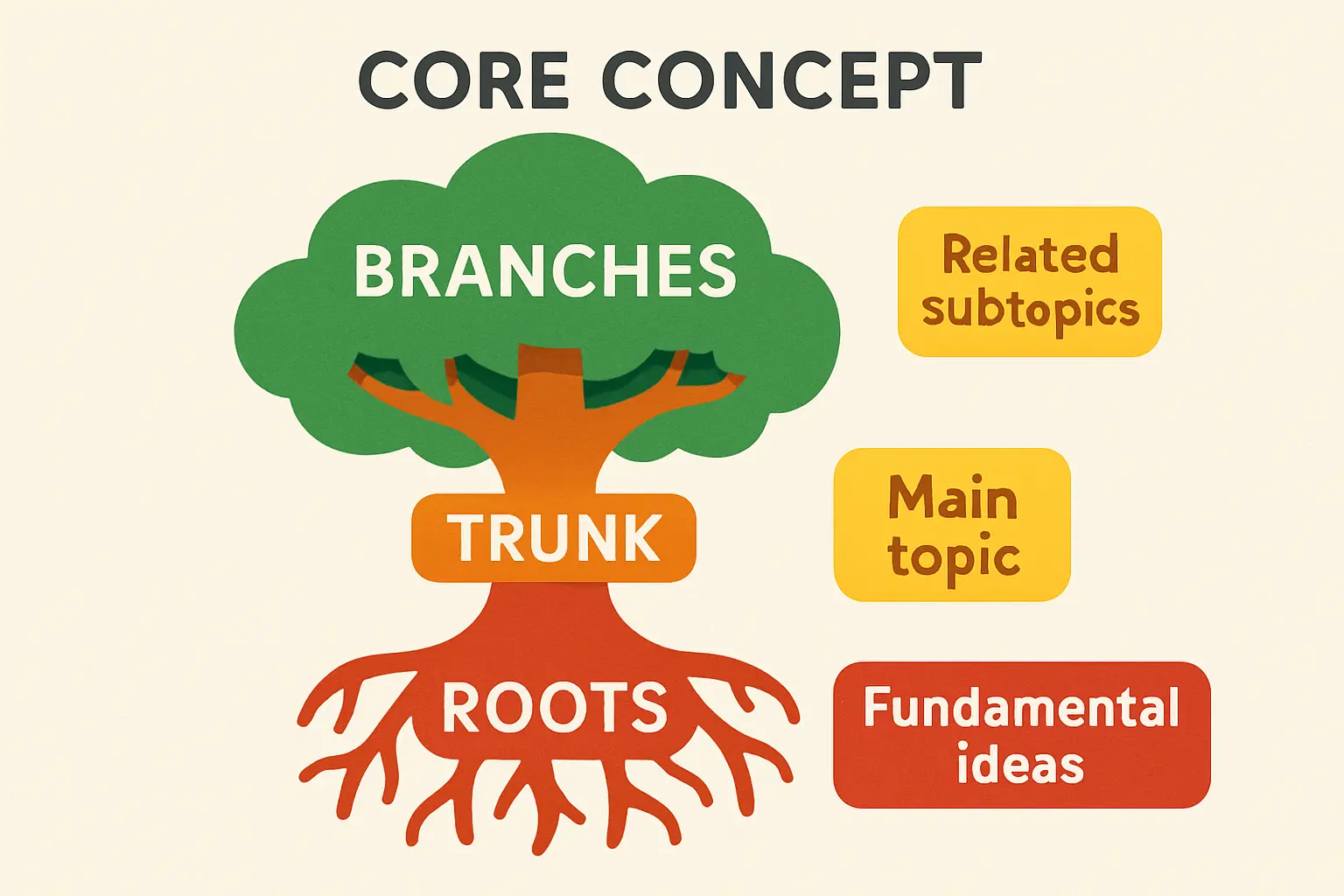
5. Socio-Economic Development (5 points)
This pillar measures a company’s contributions to social initiatives that promote economic access for Black people, often involving corporate social investment in education, healthcare, or community development projects.
Why B-BBEE is Non-Negotiable for Solar Manufacturers
A low B-BBEE score is not merely a disadvantage; it can effectively close the door to the largest segments of the South African solar market.
Access to Government & Utility-Scale Projects
The primary driver of large-scale solar deployment in South Africa is the Renewable Energy Independent Power Producer Procurement Programme (REIPPPP) and other public tenders. Participation in these programs requires meeting specific B-BBEE and localization targets. A solar manufacturer with a poor B-BBEE rating will find its products ineligible for these multi-megawatt projects, severely limiting its addressable market. Furthermore, securing project financing often depends on demonstrating compliance with all government procurement requirements.
Requirements from Commercial & Industrial Clients
Compliance is not just a government requirement. Large private companies in South Africa—from mining houses to retail chains—are also measured by their own B-BBEE scorecards. To maintain or improve their scores, they are heavily incentivized to procure from suppliers with high B-BBEE ratings. A new solar factory will find that its largest potential private customers will scrutinize its B-BBEE certificate before placing an order.
Experience from J.v.G. Technology turnkey projects shows that aligning procurement strategy and ownership structure with B-BBEE requirements from day one is a critical success factor for market entry in South Africa.
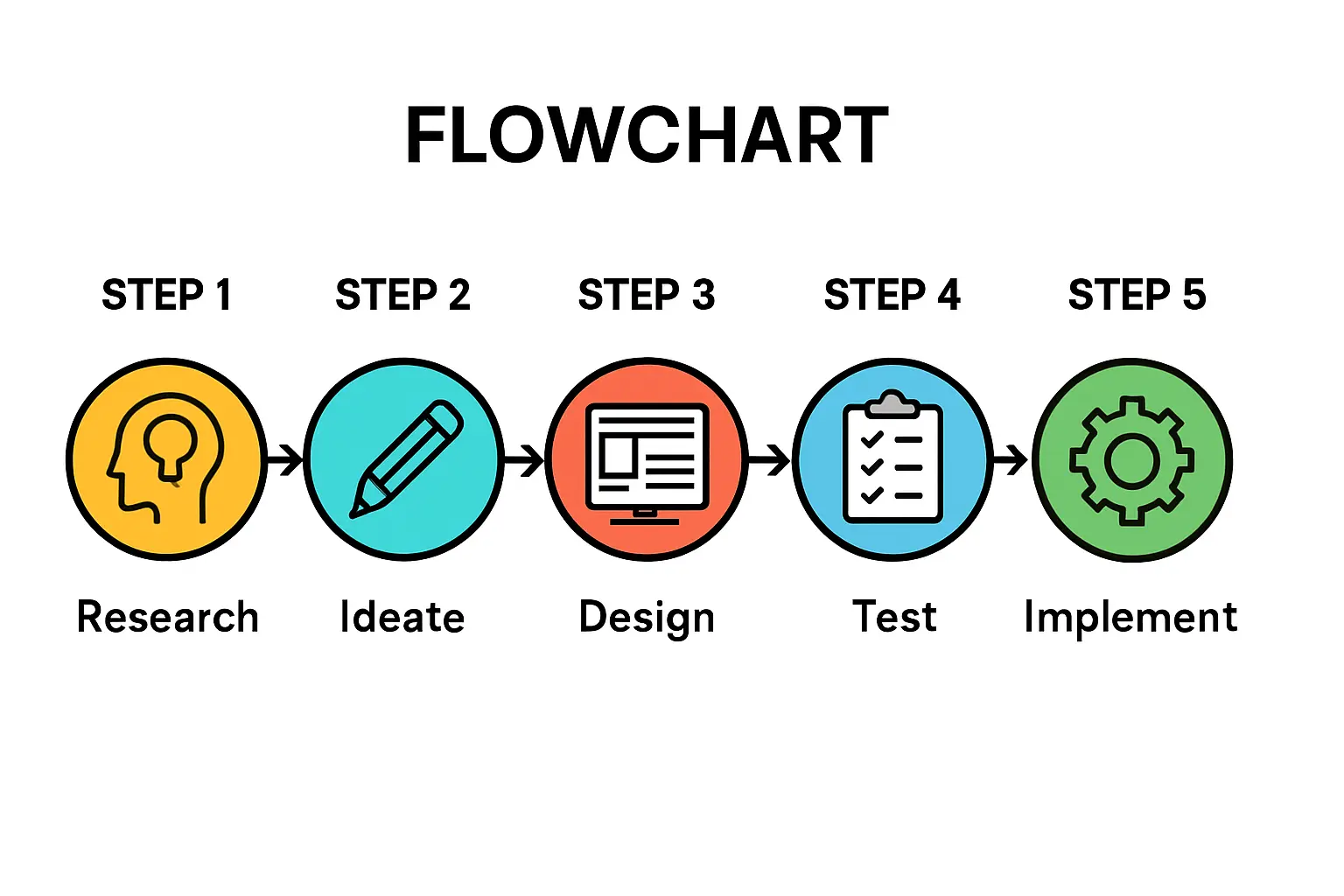
Strategic Approaches to B-BBEE for New Ventures
Approaching B-BBEE as a strategic enabler rather than a regulatory burden can create a significant competitive advantage.
Finding the Right Local Partner
The foundation of a strong ownership score is a genuine partnership. This involves more than simply transferring shares; it means identifying a partner who brings strategic value, such as local market knowledge, industry networks, or operational expertise. The most successful ventures are built on mutual strategic goals and a shared vision for growth.
Structuring Your Ownership and Management
The ownership structure must be embedded into a comprehensive business plan from the very beginning. Various models exist, including direct shareholding with a local entrepreneur, broad-based ownership schemes that benefit a wider community, or employee ownership trusts. Simultaneously, a plan for recruiting and developing local senior management is essential to ensure alignment with the Management Control pillar.
Integrating B-BBEE into Your Operations
B-BBEE is not a one-time setup; it must be woven into the fabric of the company’s daily operations.
Human Resources: The Skills Development plan should be integrated with employee training programs, from technicians on the assembly line to administrative staff.
Procurement: The supply chain department must actively identify and vet local, B-BBEE-compliant suppliers for raw materials and operational services.
Finance: The budget must account for investments in Skills Development and Socio-Economic Development initiatives.

Frequently Asked Questions (FAQ)
What is a ‘B-BBEE Level’?
A company’s total score on the B-BBEE scorecard corresponds to one of eight contributor levels. Level 1 is the highest and most desirable, while a score below 40 points results in a ‘Non-Compliant’ status. Customers gain the most benefit on their own scorecards when procuring from Level 1, 2, or 3 suppliers.
Do foreign-owned companies have to comply with B-BBEE?
While not legally mandatory for all private transactions, any company wishing to do business with the government, state-owned enterprises, or large corporations in South Africa will find a valid B-BBEE certificate an essential commercial requirement. For a solar manufacturer, the market is effectively inaccessible without it.
How is a B-BBEE score verified?
A company’s B-BBEE status must be verified by an independent agency accredited by the South African National Accreditation System (SANAS). This agency assesses the company’s documentation and performance against the Codes of Good Practice to issue an official certificate.
Can I start my factory and address B-BBEE later?
This is a high-risk strategy. Establishing an ownership structure is a foundational legal step that is difficult and costly to change later. Without a B-BBEE certificate, the company will be unable to bid for major tenders or secure large orders from its inception, significantly delaying revenue generation and market penetration.
Conclusion: B-BBEE as a Strategic Enabler
For entrepreneurs and investors aiming to establish a solar module manufacturing plant in South Africa, B-BBEE should be viewed as a strategic roadmap, not a regulatory obstacle. It provides a clear framework for integrating the business into the local economy, developing a skilled workforce, building a resilient local supply chain, and gaining access to the nation’s most significant renewable energy projects.
By incorporating B-BBEE principles into the core business strategy from the earliest planning stages, a new venture can build a foundation for long-term growth, profitability, and positive local impact. For those navigating the complexities of setting up a manufacturing facility, understanding these local requirements is a critical first step. The structured guidance provided by platforms like pvknowhow.com can help develop a comprehensive project plan that incorporates these critical elements from the start.

